Use case:
- overheating protection
- two point thermostat
- simple thermometer
The proof of concept implements a thermostat with two points on an ATtiny13a.
How it works
The ATtiny13 runs at 1.2 MHz (using the internal RC oszillator). The internal oscillator has a frequency drift over temperature - with a rising temperature the µC gets faster.
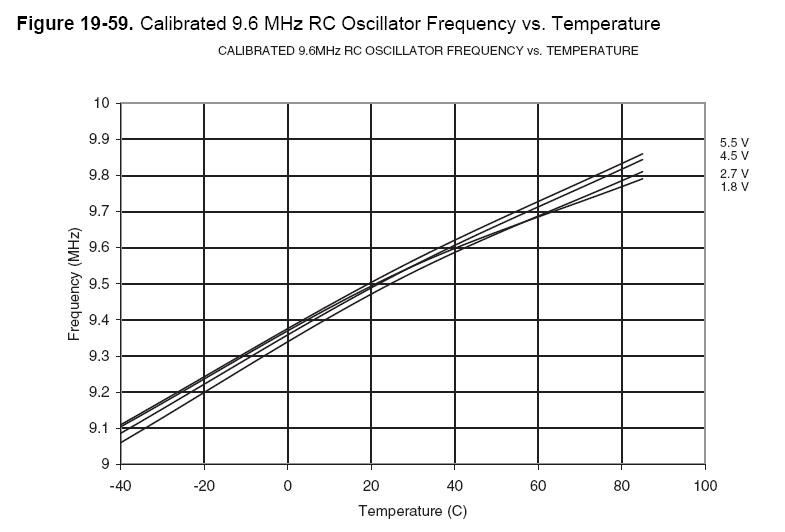
(Figure 19-59 - ATMEL Datasheet ATtiny13a)
For temperature measurement we starts the watchdog timer (prescale 16 ms). In the meantime we start to count. The watchdog interrupt stops the measurement. The result is a 16Bit value.
 Thomas Baum
Thomas Baum

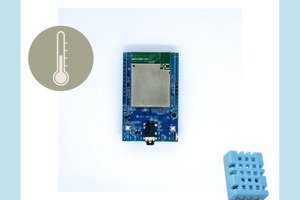
 Daphne
Daphne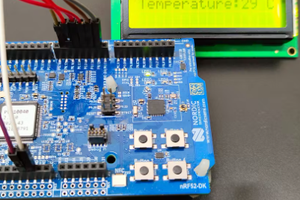
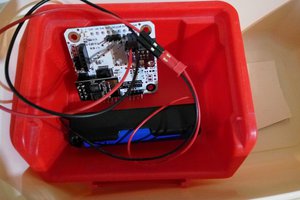
 Martin Cejp
Martin Cejp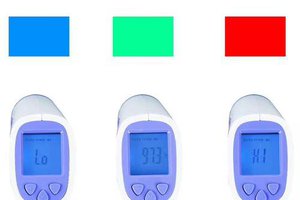
Wow! Really cool Hack!